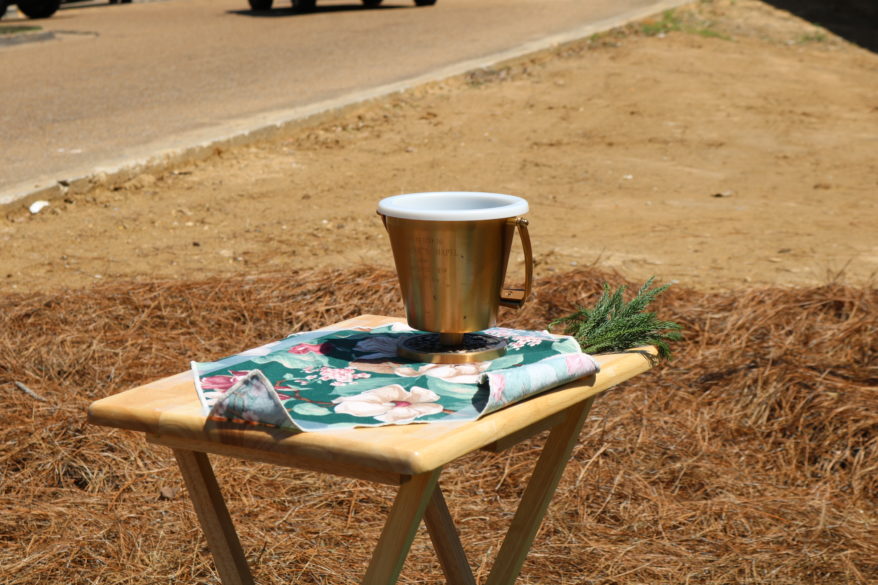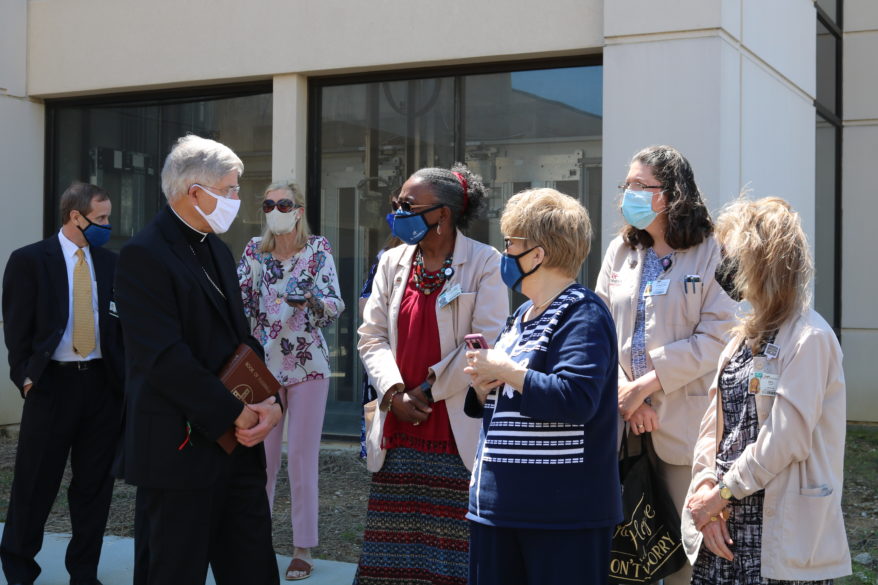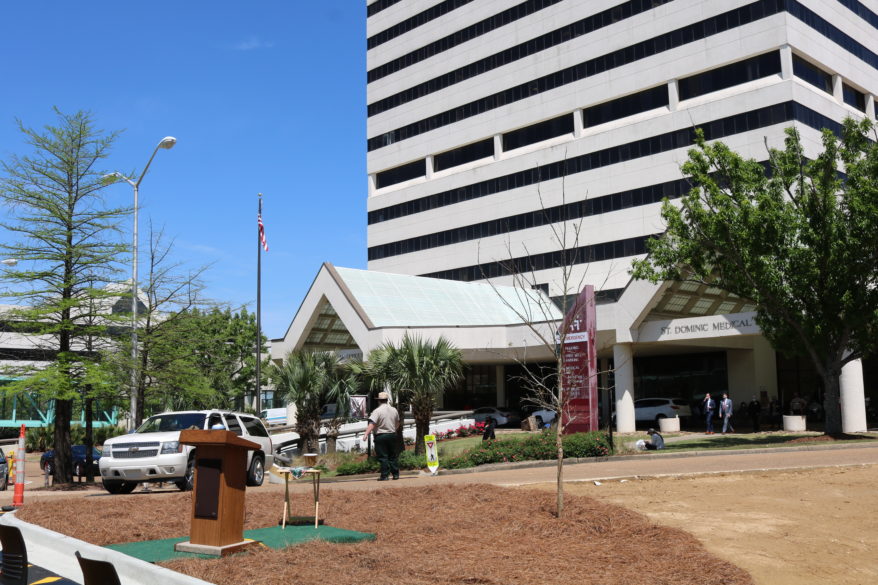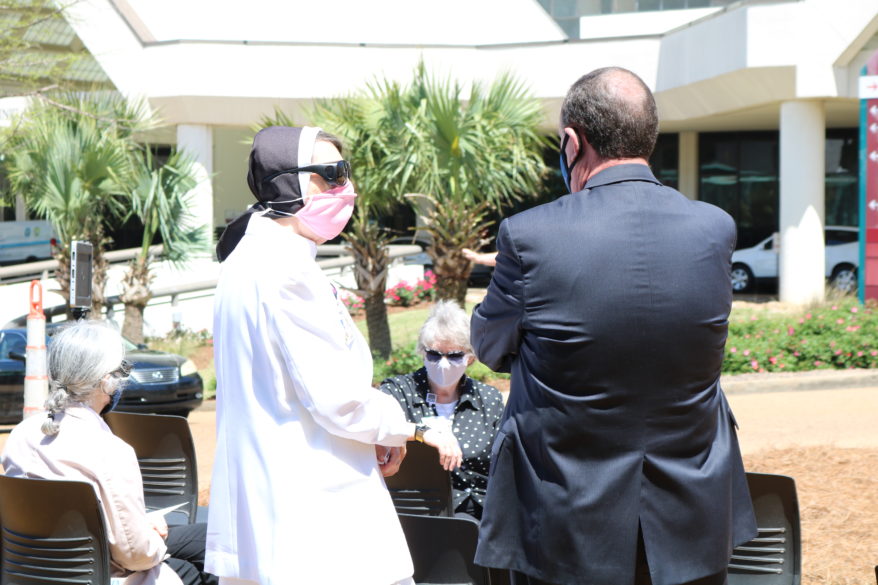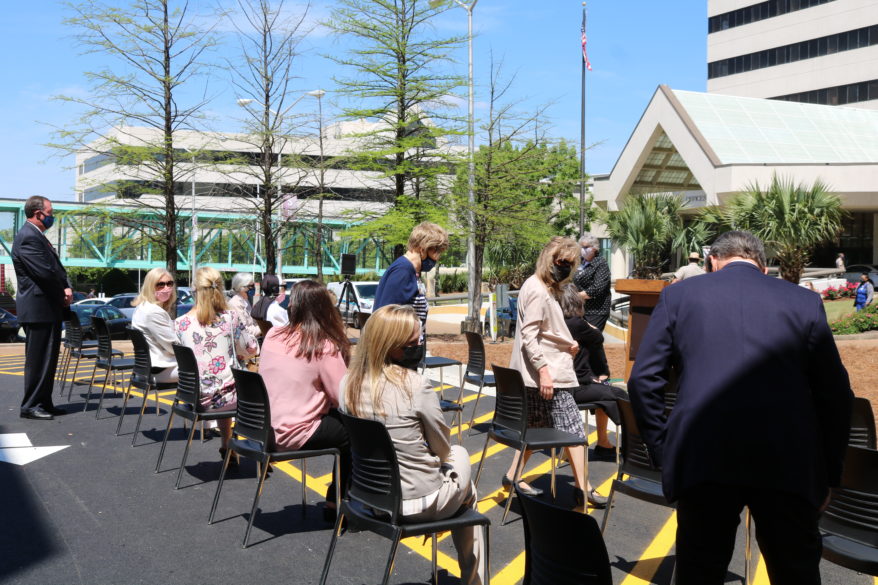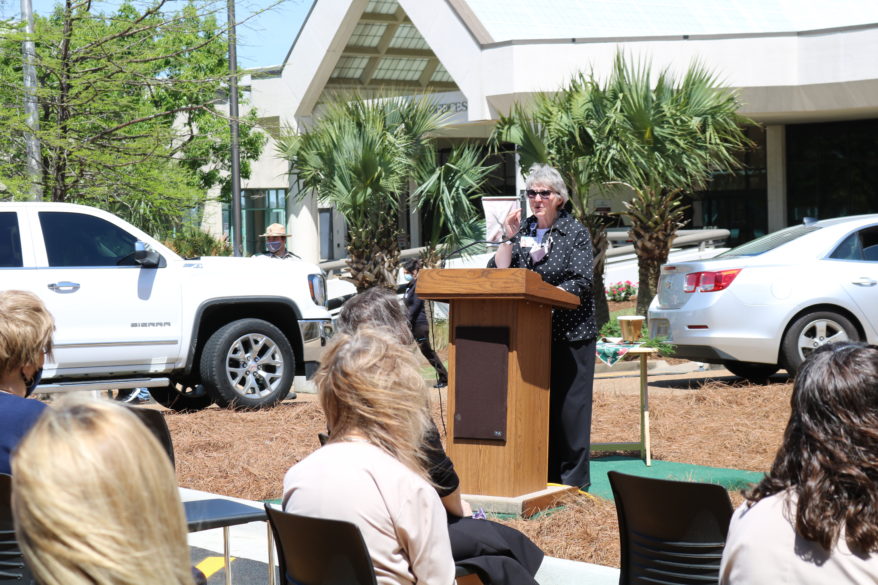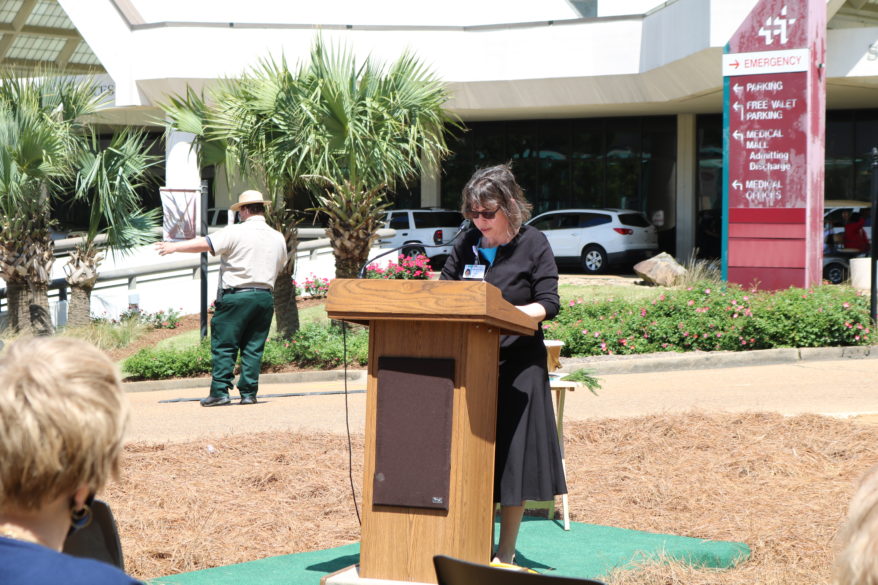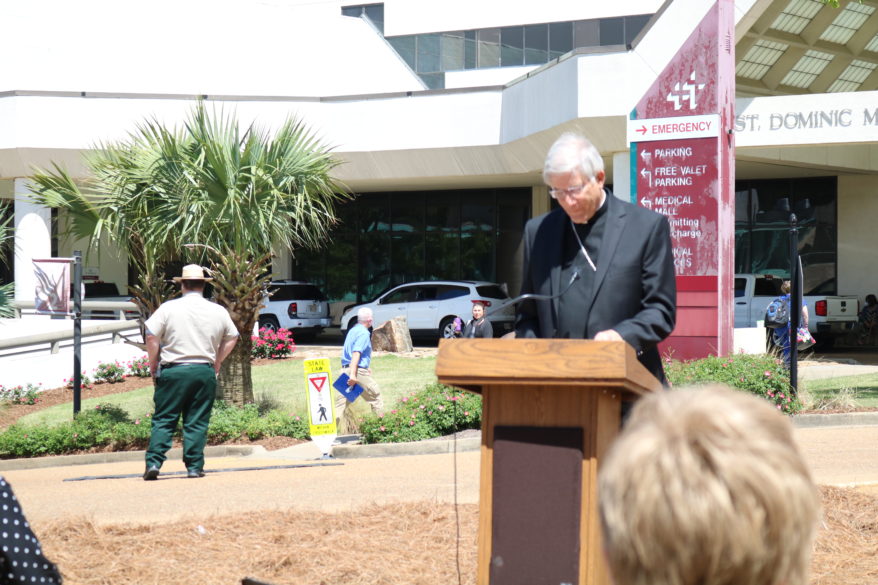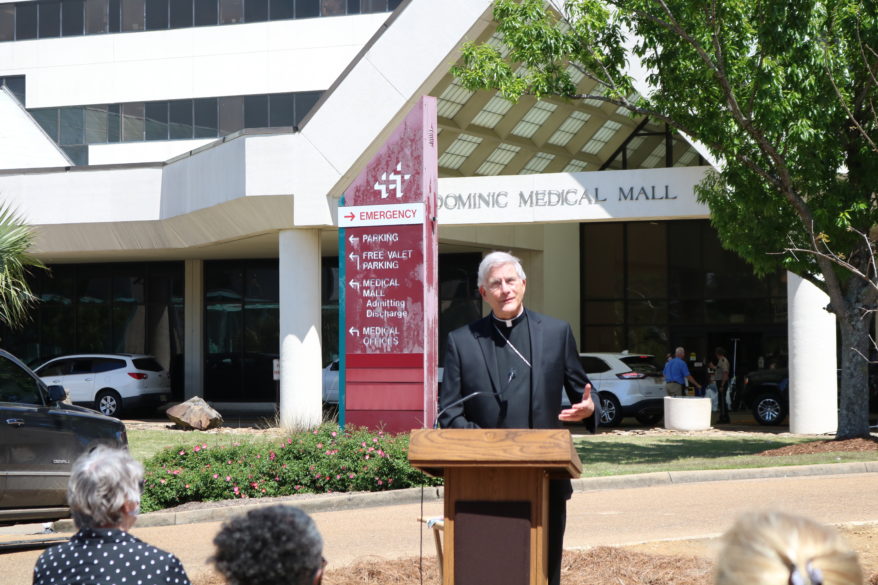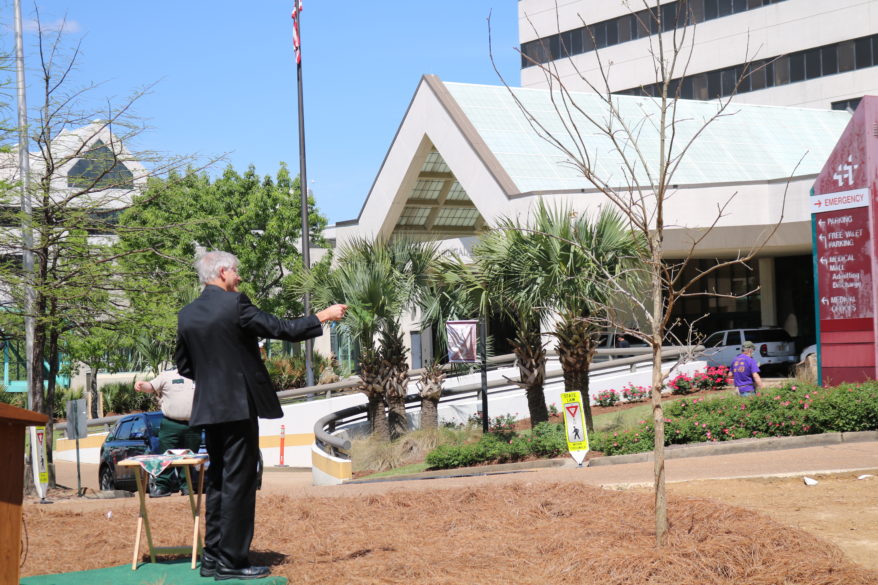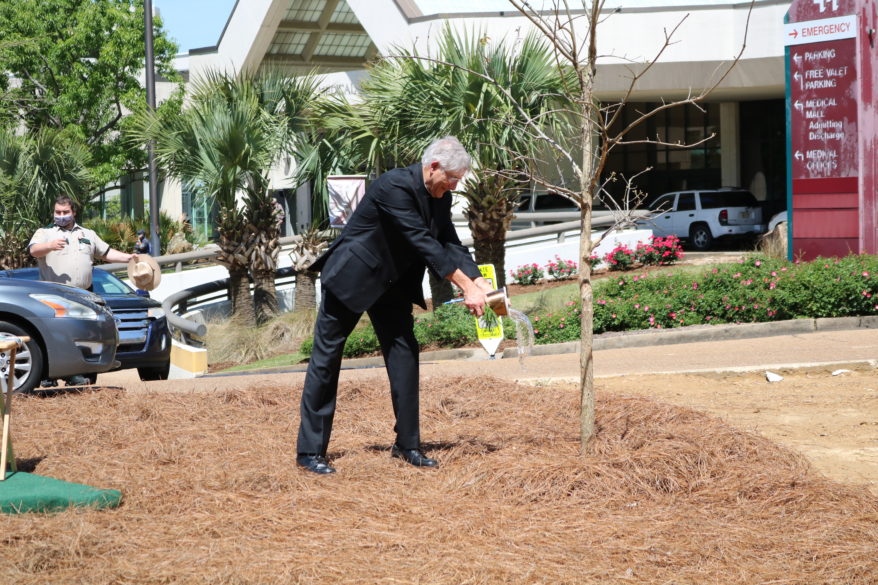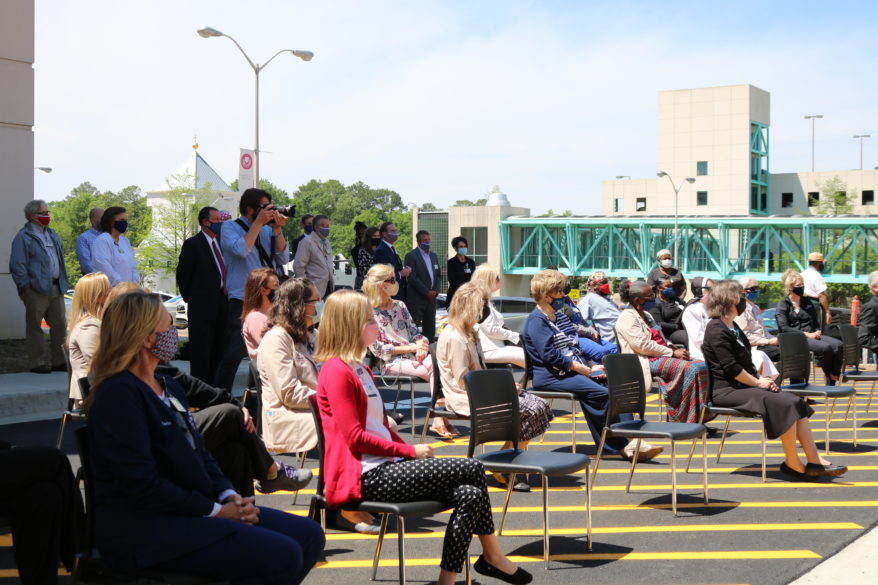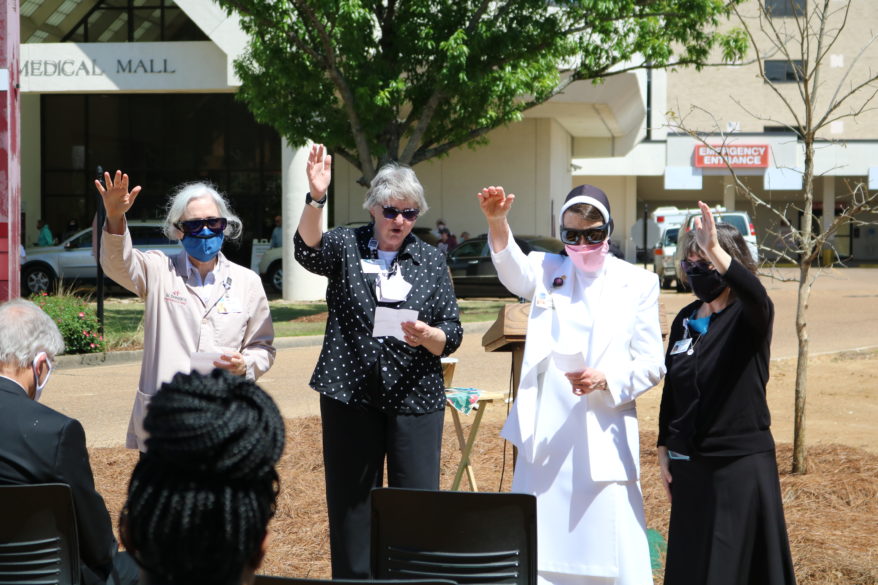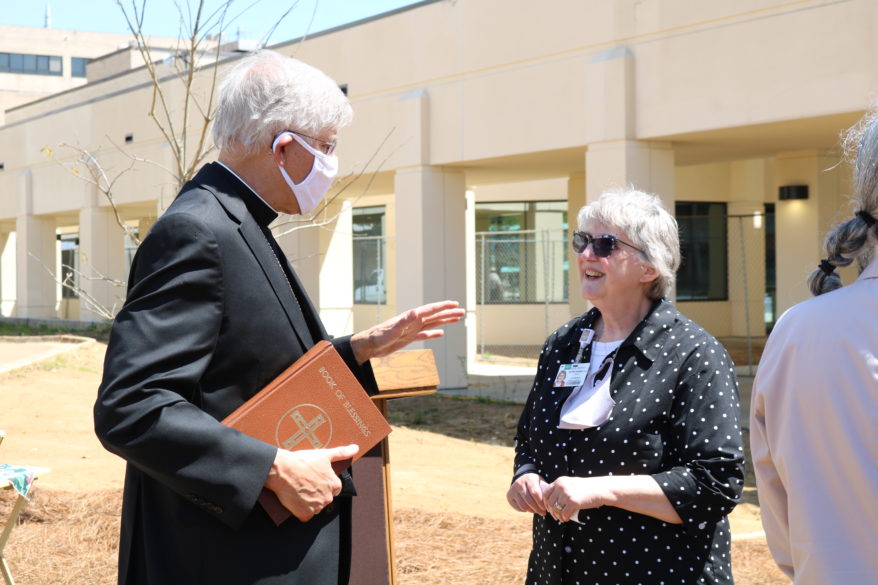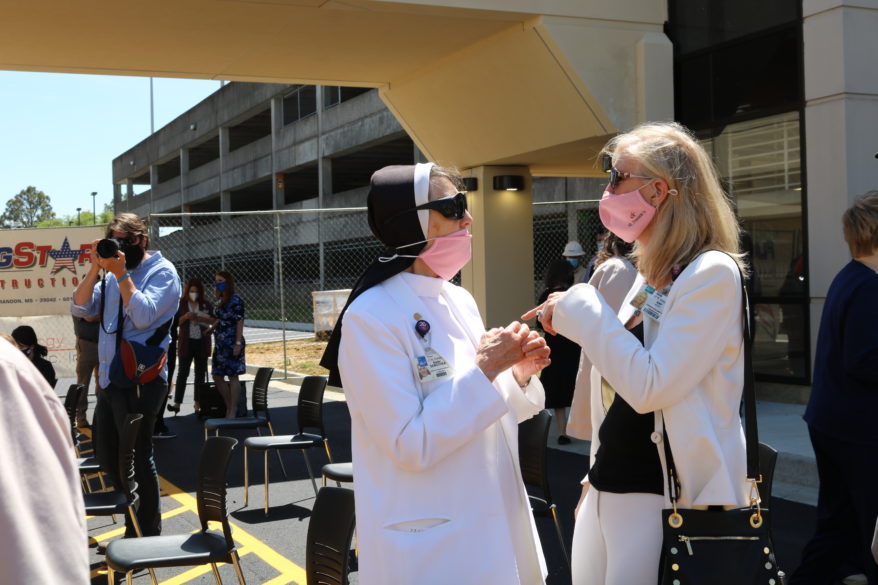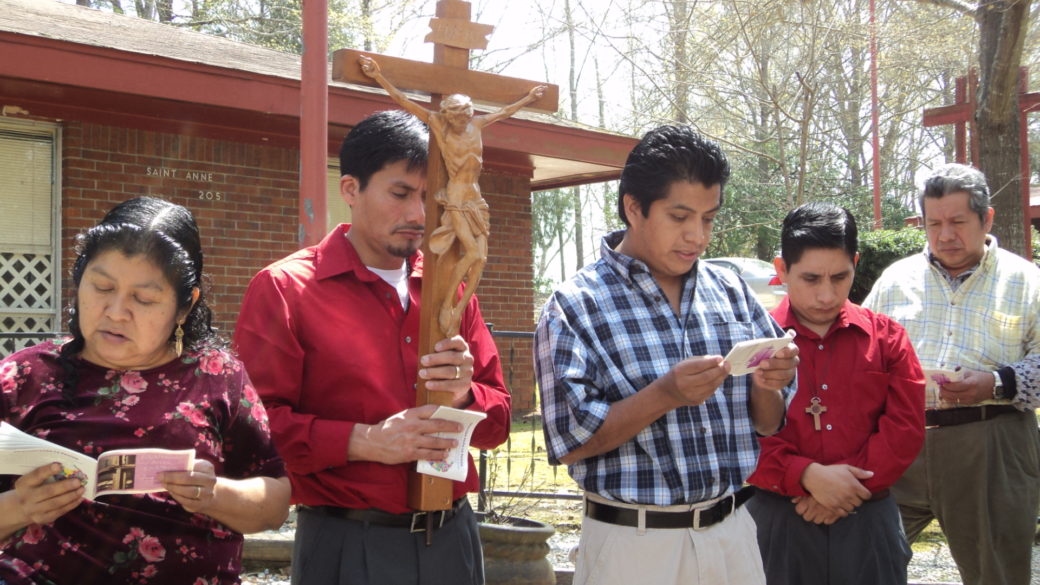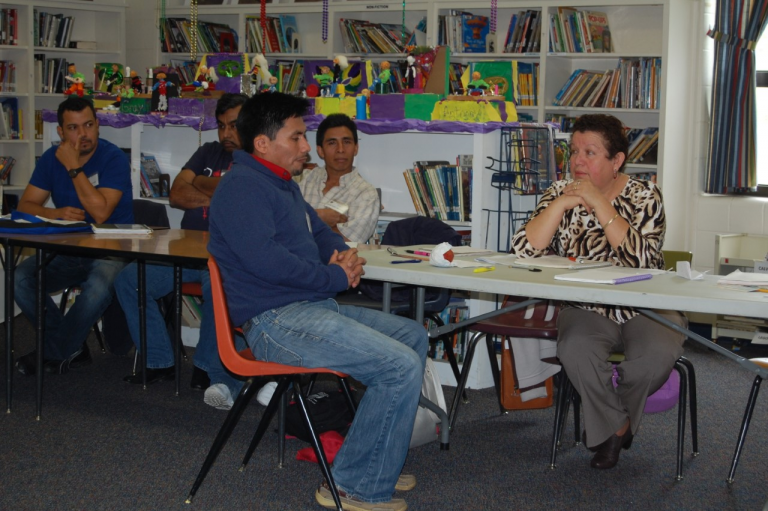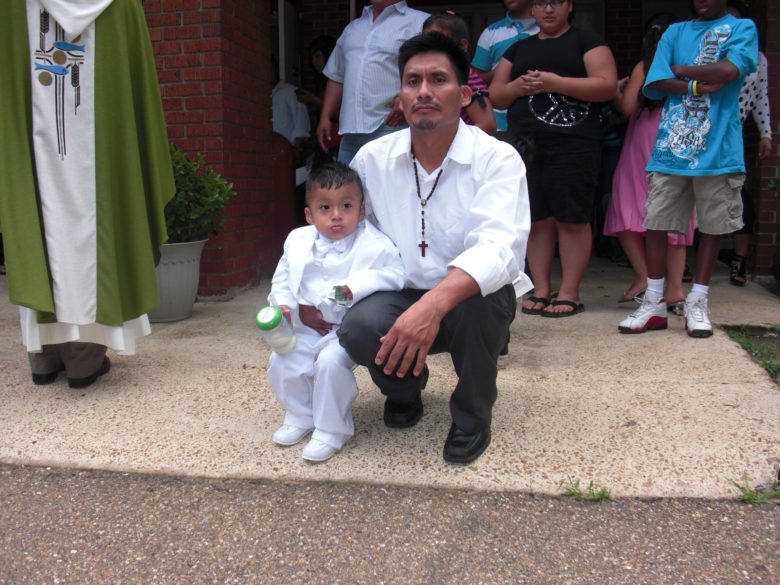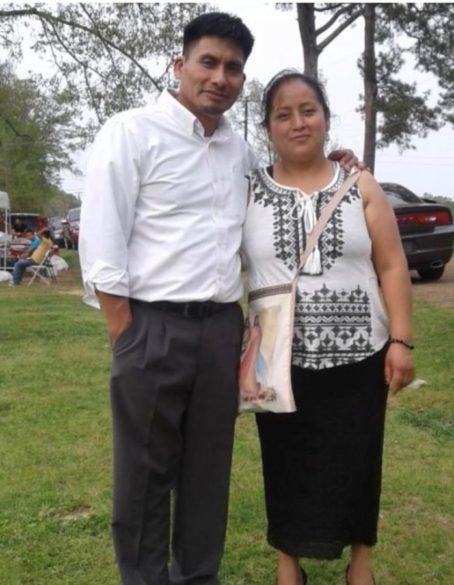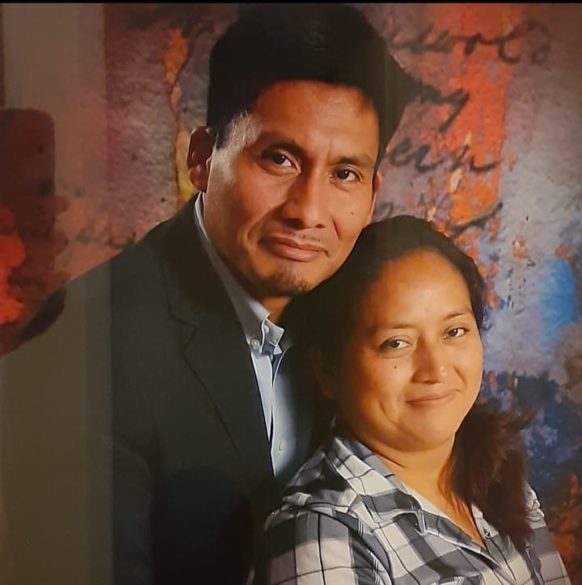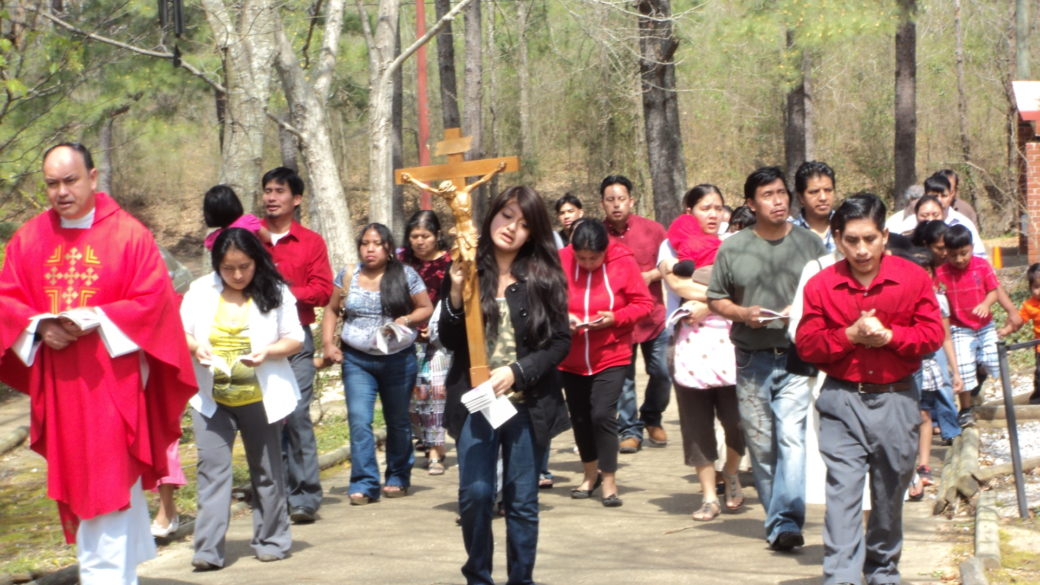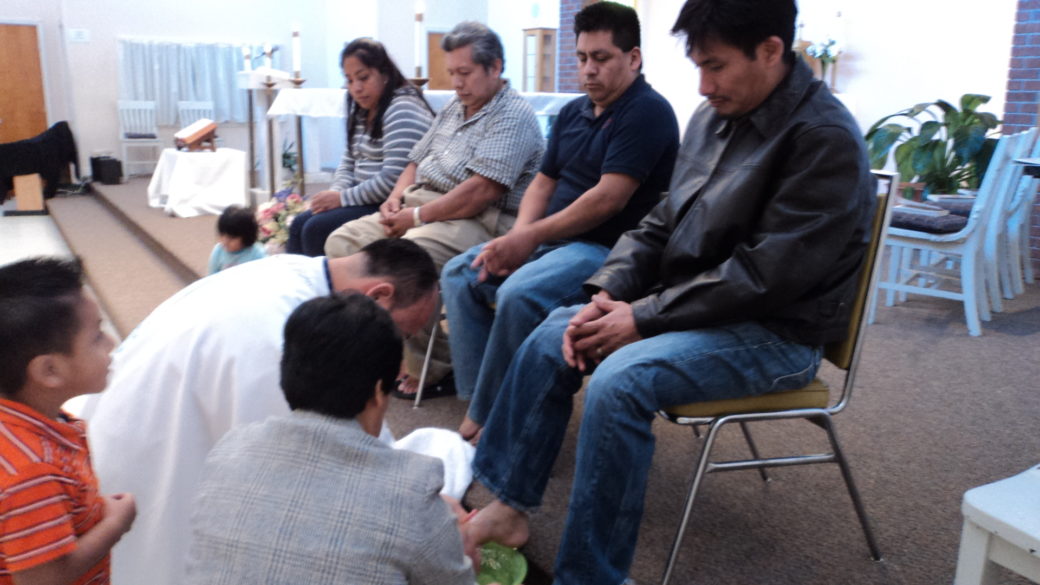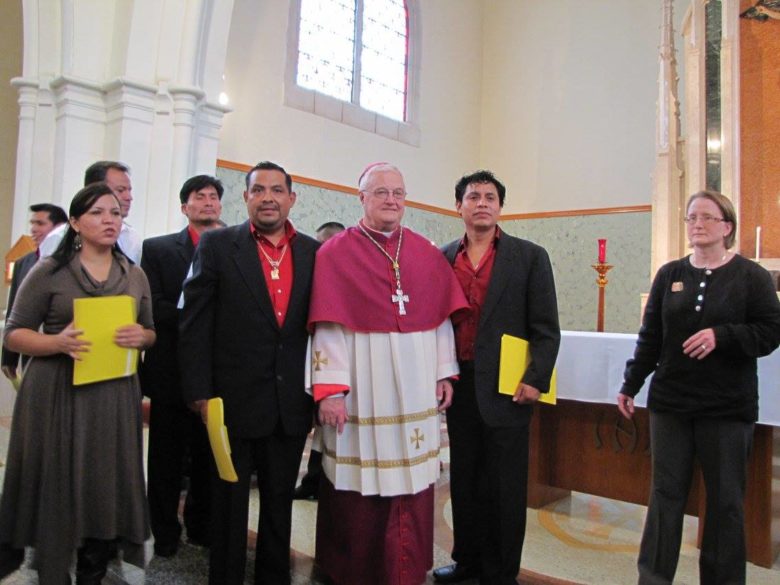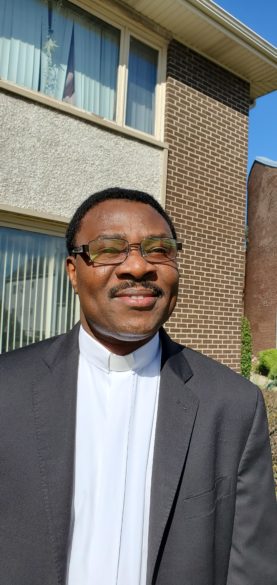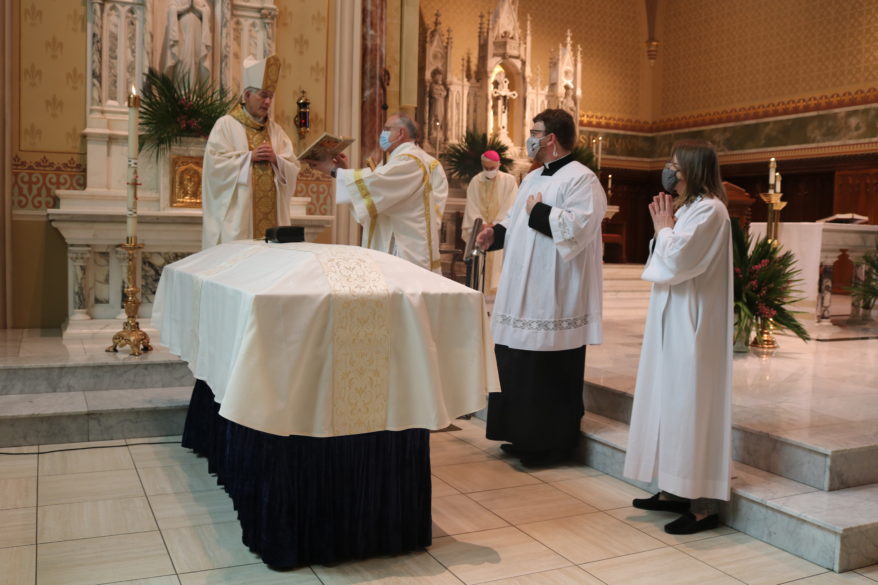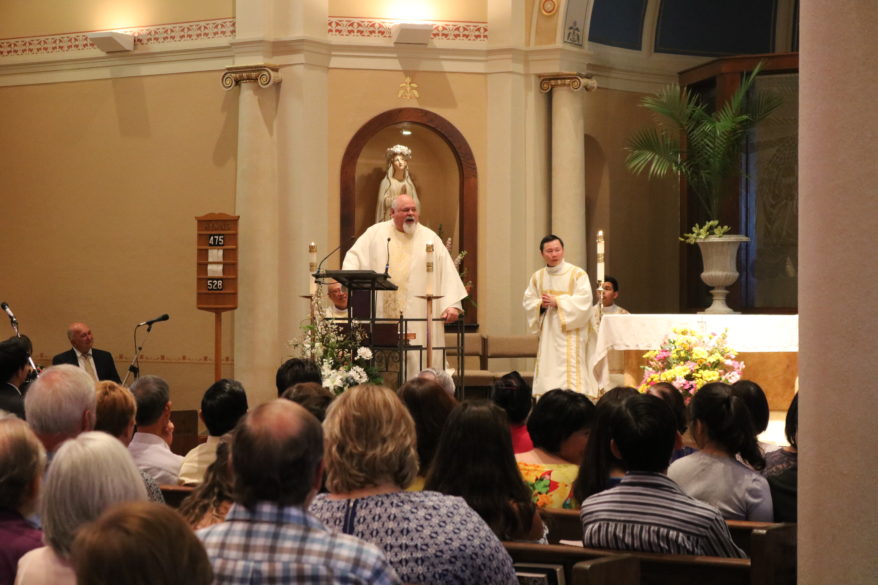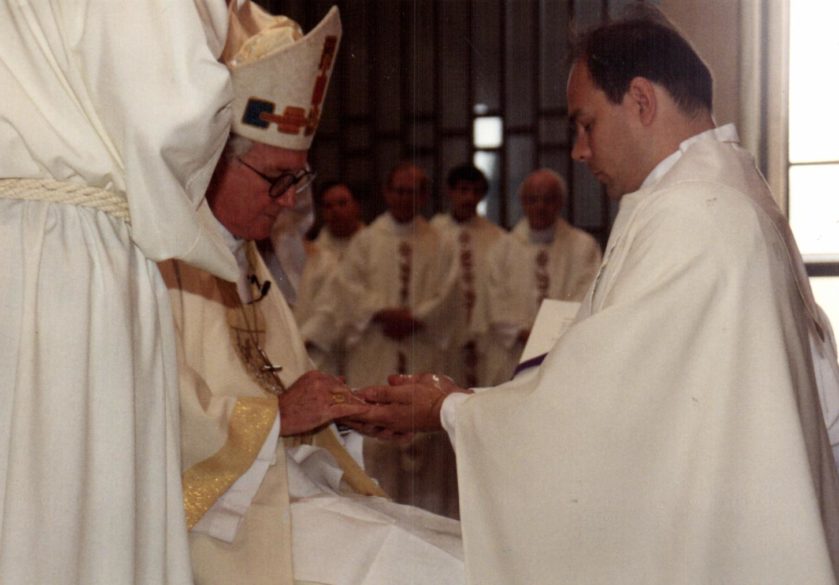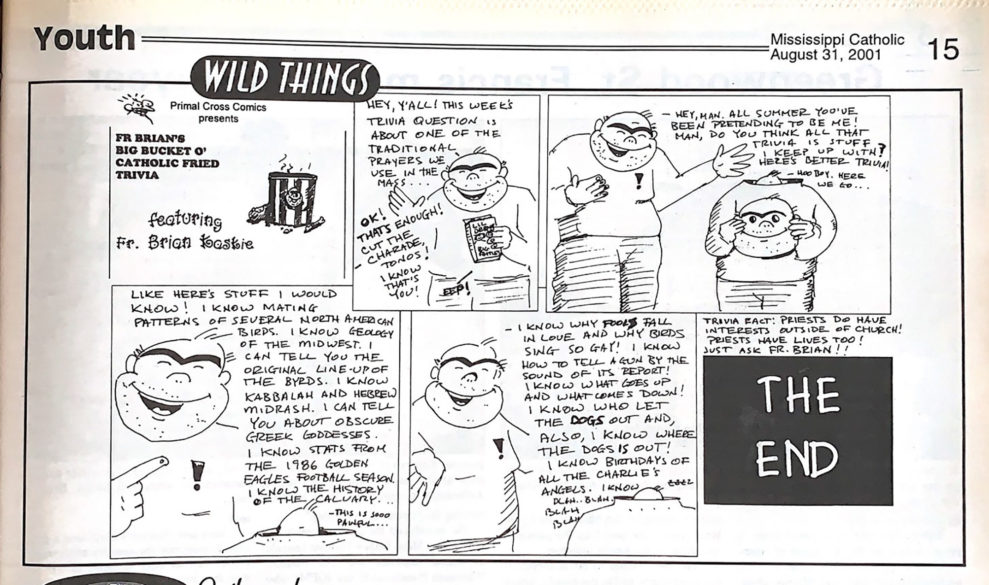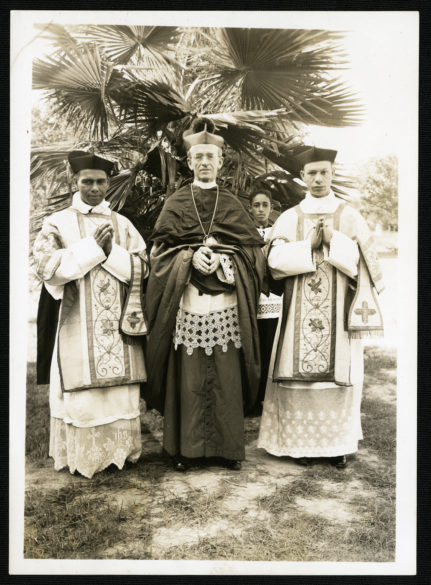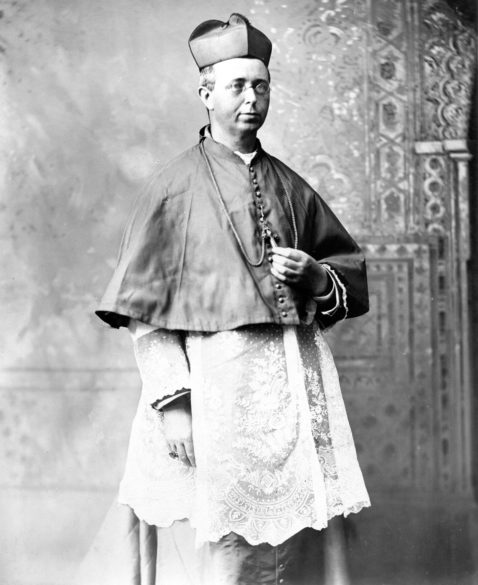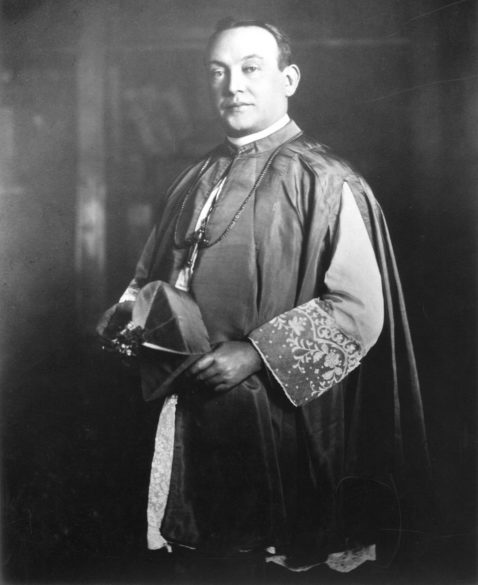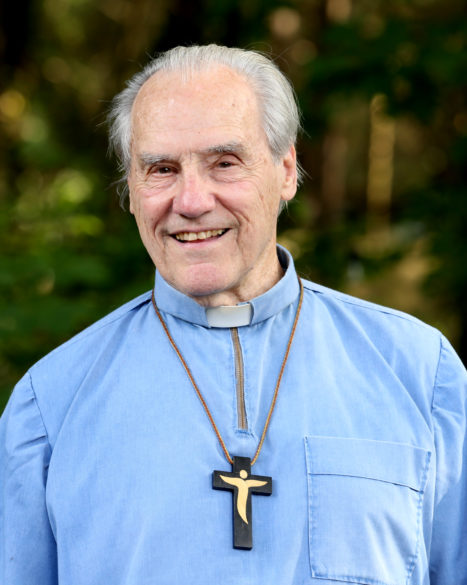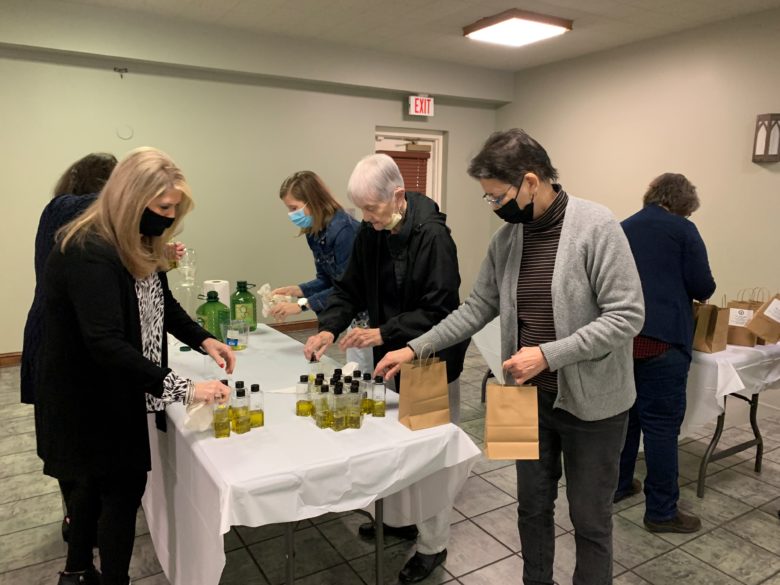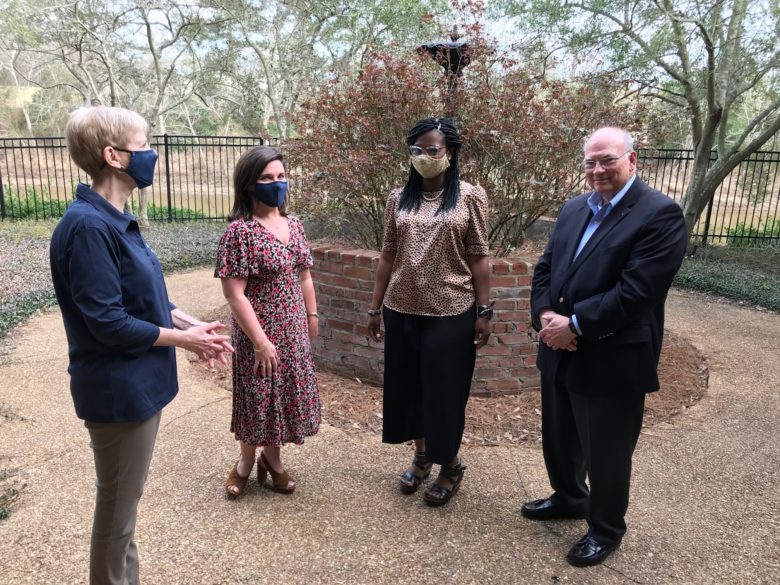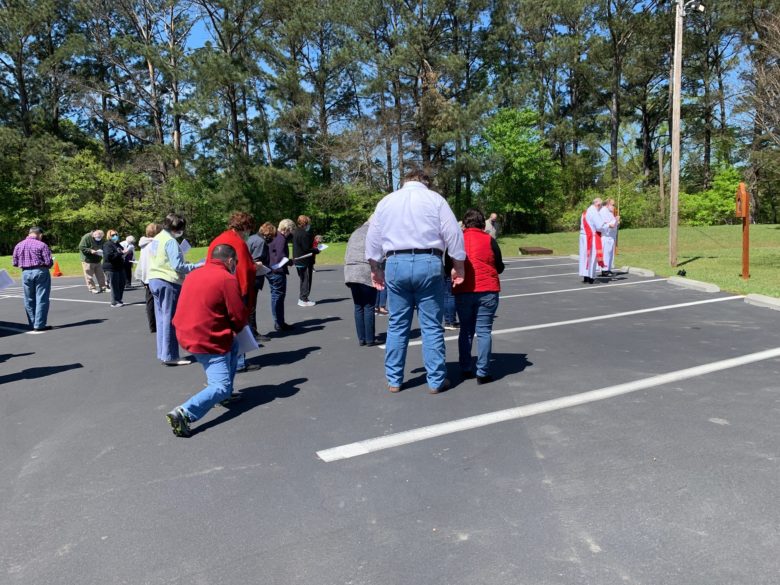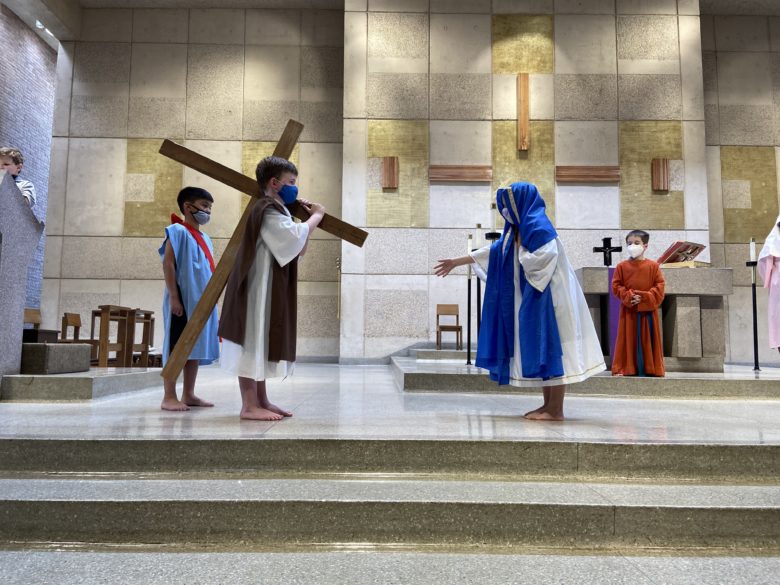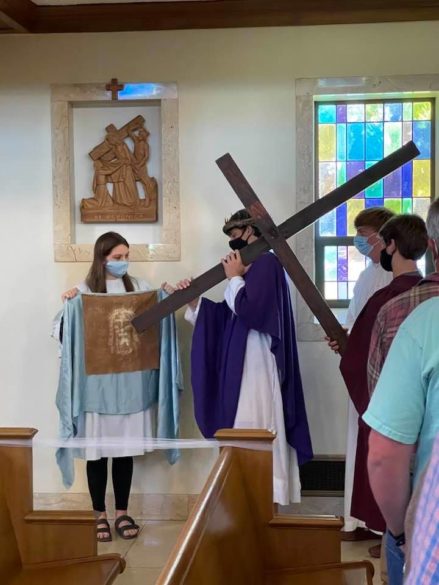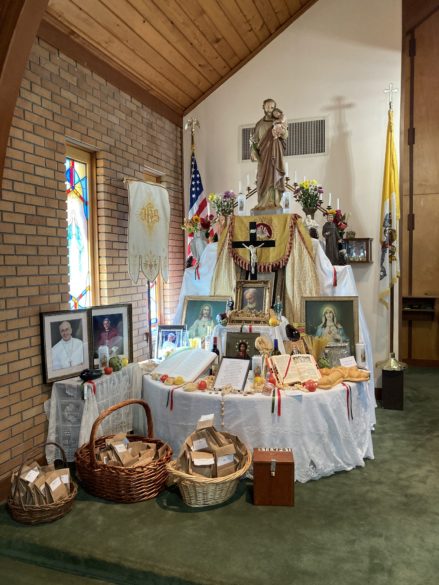By Joanna Puddister King
JACKSON – The Diocese of Jackson recognizes April as Child Abuse Awareness Month to spread awareness of the importance of protecting children. Child abuse is an unthinkable crime, yet it happens to hundreds of thousands of our children every year.
The United States Conference of Catholic Bishops (USCCB) states on their website “The Catholic Church is absolutely committed to the safety of children. Together we can make a Promise to Protect, and a Pledge to Heal.” The same is true for the Diocese of Jackson.
Since, 1986 the diocese has had a policy to respond to credible allegations of sexual abuse, long before the USCCB released the Charter for the Protection of Children and Young People in 2002. The early document was less detailed than today’s version but delineated the commitment of the diocese on responding to abuse, removing offenders, assisting victims and promoting a safe environment. The policy was revised in 1994 when an Independent Review Board of lay Catholics was established.
The review board is a consultative body that assesses the credibility of all allegations of sexual abuse against minors and advises the bishop accordingly. This board remains an essential resource for Bishop Joseph Kopacz, as it was for Bishop William Houck and Bishop Joseph Latino. The current board includes one pastor, two physicians, two lawyers and one professional businessperson, one of which also serves on the National Review Board of the USCCB on the protection of children and young people.
The diocese, as well as Catholic Charities, requires that all employees and volunteers working with children and young people undergo a criminal background screening and participate in a safe environment training session with a training facilitator, including clergy. Nationally, over 2.65 million background checks were conducted on those working within the Catholic church in 2019.
Many of the trainings mentioned above are now virtual explained, safe environment coordinator, Vickie Carollo. “With COVID restrictions, virtual trainings have worked well,” said Carollo. “To accomodate adults who work during the day, virtual trainings can be scheduled in the evenings. Training sessions are facilitated through the local parish or school.”
The diocese also provides ongoing training in a monthly safe environment bulletin format through VIRTUS, a program and service of The National Catholic Risk Retention Group. All clergy, religious, employees and volunteers having contact with children and young people are required to participate in ongoing training. The safe environment monthly bulletins provide adults the education and prevention information they need to keep our children safe. Bishop Kopacz says that the monthly bulletins are helpful in learning about the changing landscape of threats to children, especially due to our “mushrooming digital world.”

Bishop Kopacz brought the idea of using VIRTUS to the diocese in 2014 soon after being ordained and installed as the 11th bishop of Jackson.
“The Diocese of Scranton, where I was a priest for 36 and a half years, incorporated the VIRTUS Safe Environment program soon after the Dallas Charter and norms were promulgated for the Catholic Church in the United States. At that time, I served as Vicar for Priests and pastor, and it was opportune for me to become a trainer in order to promote this excellent program throughout the diocese. It was evident to the leadership in the Diocese of Scranton, ordained and lay, that the VIRTUS package was excellent for fostering and maintaining safe environments in service to our children and young people, and their families,” said Bishop Kopacz.
The diocese also uses VIRTUS for safety training geared to children, that includes material that is developmentally appropriate for each age group and includes content and activities that reinforce the message. Some of the topics include what to do and how to react when someone’s touch is confusing, scary, or makes the child feel uncomfortable; learning about personal boundaries and giving the self-assurance needed to speak up; learning about who to tell when something or someone makes them feel uncomfortable or confused; and how to recognize grooming by an abuser.
On June 16, the diocese will be holding a “train the trainer” workshop with VIRTUS executive director, Pat Neal. “With the upcoming workshop, we look forward to reviewing with facilitators the most notable updates within the latest 4.0 version of the Protecting God’s Children program for an ease of transition in facilitating the material during awareness sessions,” says Neal.
“The most fundamental update throughout the 4.0 program is an overall focus to relay the essential concept of hope that all of us work for in our various positions – that hope is an element of child protection, that healing for survivors is possible, and that all of us are part of the solution to prevent child abuse. An always-present goal of the Protecting God’s Children program is to provide every organization with the tools needed to prevent abuse, respond appropriately if it does occur, and, in this latest version, review boundaries and how to address inappropriate behavior before it can escalate.”
This latest version maintains the core message of teaching caring adults about the context and prevalence of child sexual abuse, as well as equipping caring adults to follow five research-based steps to protect the vulnerable in any environment. The steps have been revitalized with clearer messaging and easy to follow protocol for any caring adults. The steps are: know the warning signs of adults; screen and select employees and volunteers; monitor all environments, including activities involving technology; be aware of children and youth; and communicate your concerns.
Now, seven years after bringing VIRTUS to the diocese, Bishop Kopacz said “We can say unreservedly that our decision to transition to the VIRTUS program has been of great benefit to our diocese. It is the cornerstone for our commitment to maintain safe environments for our children and young people.”
Additionally, the Protection of Children program at the diocese goes through an onsite audit process every three years, of which the diocese has been in compliance with every year.
Along with the program and audits, Carollo also travels to parishes and schools monitoring their programs and loves to share how powerful the program is at protecting God’s children. “Child abuse is certainly a challenging topic to address but we keep in mind that providing education and safe environment education to our adults and children – if we can save one child from a horrific incident, we are certainly doing our job. It is a collaborative effort in our churches and in our schools in providing a safe environment for all of our children,” says Carollo.
Before long, Carollo will cease her traveling and monitoring of the program as she will retire in June after working with the diocese as the safe environment coordinator since 2003. When asked why, Carollo said, “It is just time. I am convinced that the Protection of Children program is in good hands. Everyone has strengthened my faith through their work to provide a safe environment for our children. We all play a part in the eradication of child sexual abuse.”
(If you suspect abuse or are a victim of abuse, please call victim assistance coordinator, Erika Rojas, who is here to assist in making a report. Contact her at (601) 326-3760. Additional information regarding how the Diocese of Jackson addresses child abuse may be found at https://jacksondiocese.org/offices/child-protection.)

